A conversation with designer Benjamin Edgar Gott
We talk about Boxed Water, his love for Chicago, adopting a daily uniform, designing whatever he feels like, his friendship with Virgil Abloh, and more.
Growing up and residing in the Midwest has its perks…
Like a mild-mannered lifestyle with proximity to neighboring states. But, there’s a prevailing narriative that exists that cities in this region of the US lack the cultural significance that places like New York or L.A offer.
And there’s a level of truth to that.
Rather than being immersed in what you’re walking past every day, you have to proactively scour the internet to discover and keep up with a personal sense of style and taste. In my quest for what I deemed "cool," I delved into intriguing rabbit holes, a habit that persists today.
Through these explorations, I encountered fascinating brands and individuals, one of whom was—Benjamin Edgar Gott.
Over a decade ago, his brand, Benjamin Edgar, or whatever., epitomized elevated basics, producing exceptional T-shirts, jeans, button-downs, and luxuriously soft leather jackets. This earlier venture seems like a prelude to his current endeavor, Benjamin Edgar, An Object Company.
Ben, a native of the Midwest (Chicago), is a visionary designer renowned for blending industrial design, contemporary culture, sustainable goods, and educational initiatives. He's the founder of Boxed Water, who navigated the early days of blogging with THE BRILLIANCE and has exceptional taste.
In our conversation with him, we delved into the intricacies of Boxed Water's packaging design, explored the alignment of uniform dressing with his life, and learned how a friend imparted the wisdom of cultivating a grand vision with minimal ego involvement.
PS—thank you to the homie, Lyndon French, for the delightful photos of rolling around CHI town with Ben. Check out Lyndon’s work here.
You founded Boxed Water in 2009. I remember it was the first branded water you couldn’t see inside. Tell us more about the design.
2009 was a lifetime ago. The design was powered by the idea that if something is uniquely different from the existing standard, it should look different.
More specifically, the case of Boxed Water was driven by the focus on a renewable packaging solution and the aesthetic decision to communicate what made us new.
THE BRILLIANCE marked a significant moment in the cultural zeitgeist. How did you and Chuck Anderson navigate the landscape of the early 'blogger' era in the aughts?
This is an interesting one as all great projects start without a clear, if any, focus on what it will become. Some of the best stuff is “played by ear” or driven by intuition. Chuck and I were writing those posts for ourselves, maybe even for each other in a way.
At least for me, I didn’t think about where we fit in, at least in the early days. I was, and hopefully still am, just a curious kid commenting and highlighting things I found fascinating. Your best bet in life is to follow your interests.
Can you give us a snapshot of how you got to where you are now?
By riding the wave of consistent momentum. That momentum is some sort of combo of my compulsion to create things, my friends, my mentors, the culture/scene giving me a push occasionally and a ton of luck.
When I look back at stuff I was into as a kid into my teen years and beyond—there is this red thread of wanting to contribute or participate in what I found interesting.
Chuck and I used to share this quote, “If you do something, something will happen.” That’s kind of the approach to it all, I suppose. Doing something versus just consuming. Not that there is anything to critique about just consuming.
What’s your perspective on being great at one thing or good at many?
It depends on how busy or overwhelmed I feel at any moment, ha. When I feel overwhelmed by too many things cooking at once, I think to myself that focus is the way to do something great.
But when things are running smoothly, clicking, or meshing together well, there is an amazing sense of fullness from working on several things at once—like you’re cheating and have more than 365 days in the year, if that makes sense.
We’re really from that era. The internet era celebrates the multidisciplinary approach. It reflects the unorganized, massive nature of the internet itself.
All said—I can feel a more focused approach in my life settling in.
How does your web developer background apply to your other projects?
Before the web development stuff, I was more of a classic hobbyist programmer. This is an intriguing notion as none of it was shared or put on the internet. It was just a passionate—nerdy pursuit. It spoke very much to my love of frameworks, which is still very much part of my approach to life.
When I look at the object company and my love for computer-controlled milling of metal (CNC), you can see a direct line to my programming brain. The organic fabric drape is more difficult for me to wrap my head around.
Your brand, Benjamin Edgar, An Object Company, ranges from IYKYK hats and stainless steel cups to jeans. How do you decide what to design? What’s next?
This is an interesting one as I’m at this current inflection point, which is entirely one I made myself, around creating products I desire to see versus creating products for consumers.
I’m fortunate that people have patronized the project and have bought the things I selfishly designed. That said, for the first time, I want to design functional items. Tableware, more furniture—things we interact with daily.
You’ve somewhat adopted a uniform with what you wear; how’d you come to this decision?
It’s funny—I have even when I try something new. I love clothing, style, and fashion. My personal participation in it is often just about shape and silhouette more than color. I love repetition. I go to the same restaurants, sit in the same seats, order the same thing, etc.
I’m a regular at too many restaurants. I think of my clothing the same way, I suppose. Great jeans, a deep navy Merino sweater, black sneakers, pitch black sunglasses. That’s about it. I want my style to be elegantly unremarkable.
Your taste in design is next level, how’d you develop a distinctive viewpoint?
I’m riffing here a bit, but maybe your taste—your interest, is born into you, and you discover it the more you dig into it. I think you can expand your taste by exploring, and it’s all about being curious.
You eventually discover that design isn’t just aesthetics; instead, it is the sum of all the parts, work, and story involved in making the thing. You become a bit obsessive about those things, and I think that ultimately manifests as a point of view.
You and Virgil were really good friends, what was that relationship like? What did you learn from him?
I'm still learning from him in real-time. It was a very pure, simple, and deeply enjoyable friendship. We didn’t do business together, and except for THE BRILLIANCE and a random piece of Off-White I designed, we didn’t work together in any fashion. It was just a proper friendship.
I learned from him the magic of intense optimism, how to zig versus zag, how to have fun, how to not limit yourself (this is tricky still), and how to have a massive vision with little ego attached. He had such a specific way of being and seeing. It was such a magic thing to have crossed paths with him.




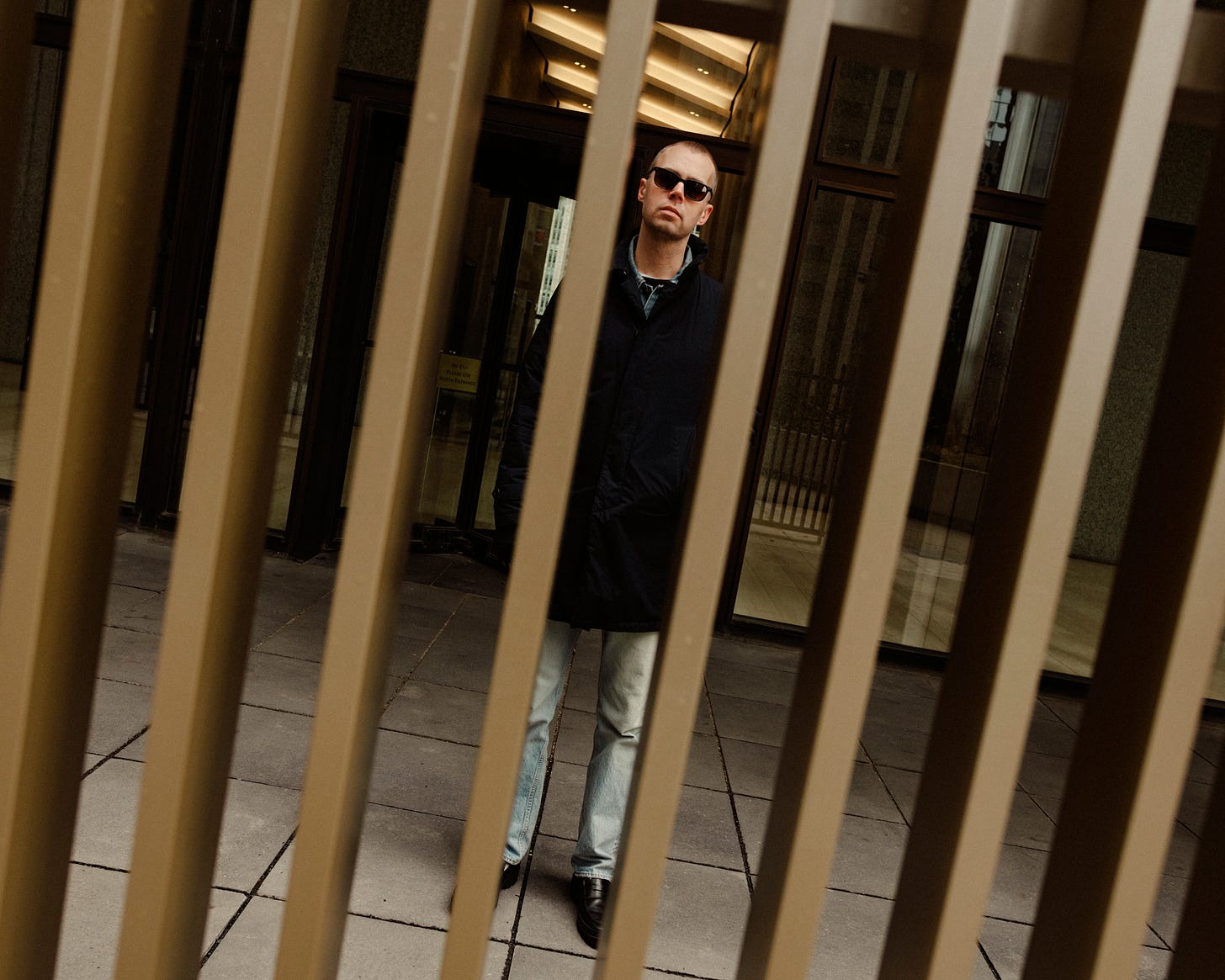


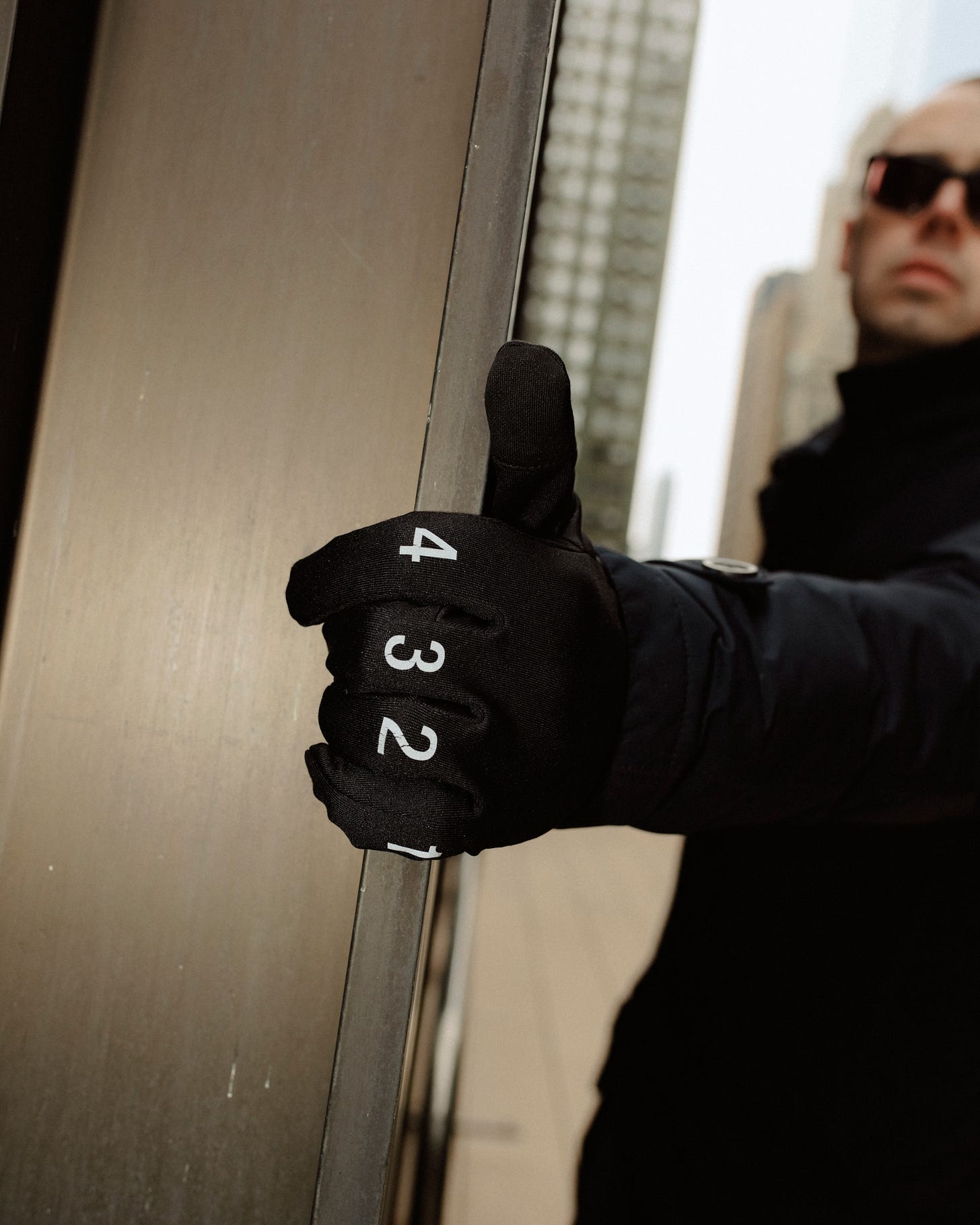

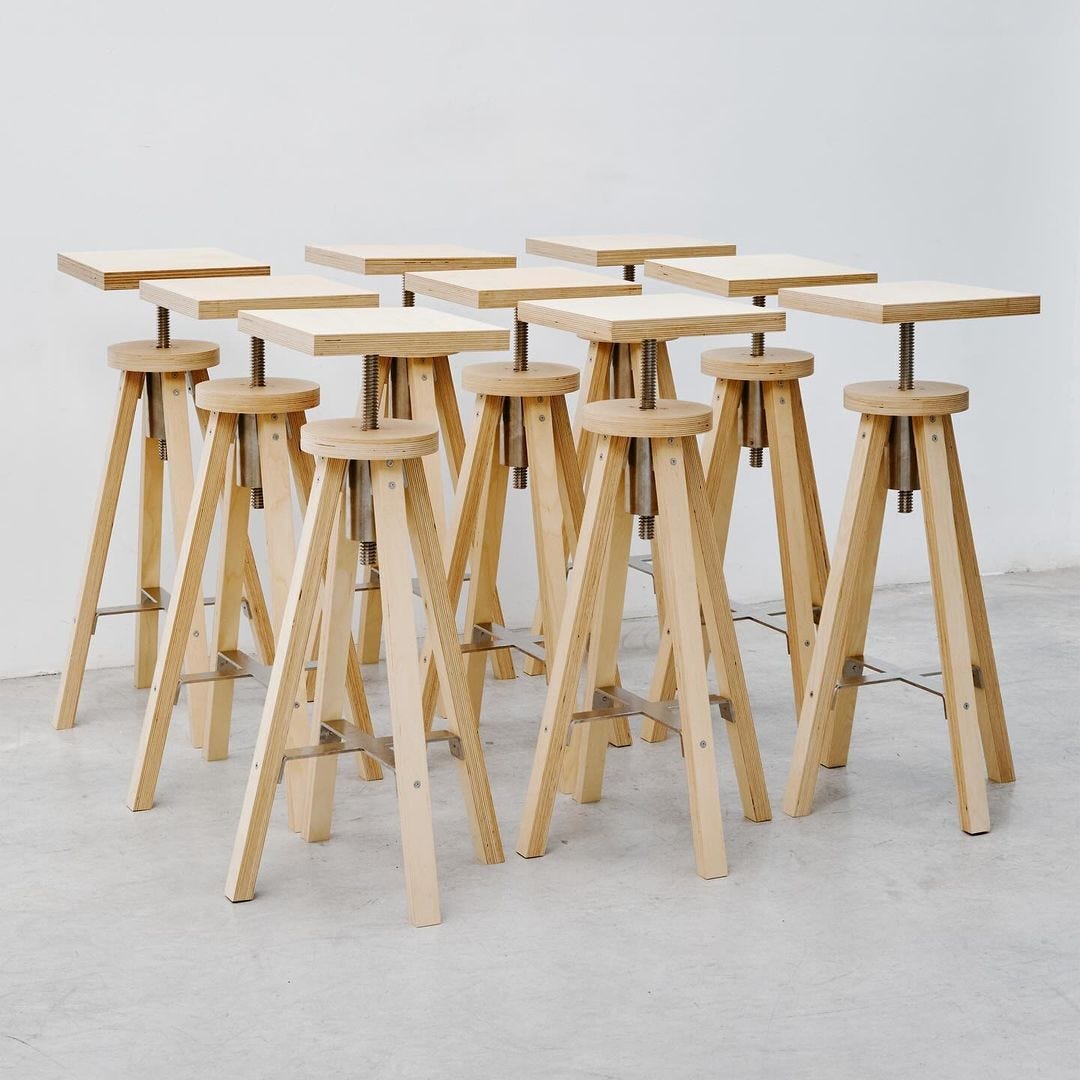
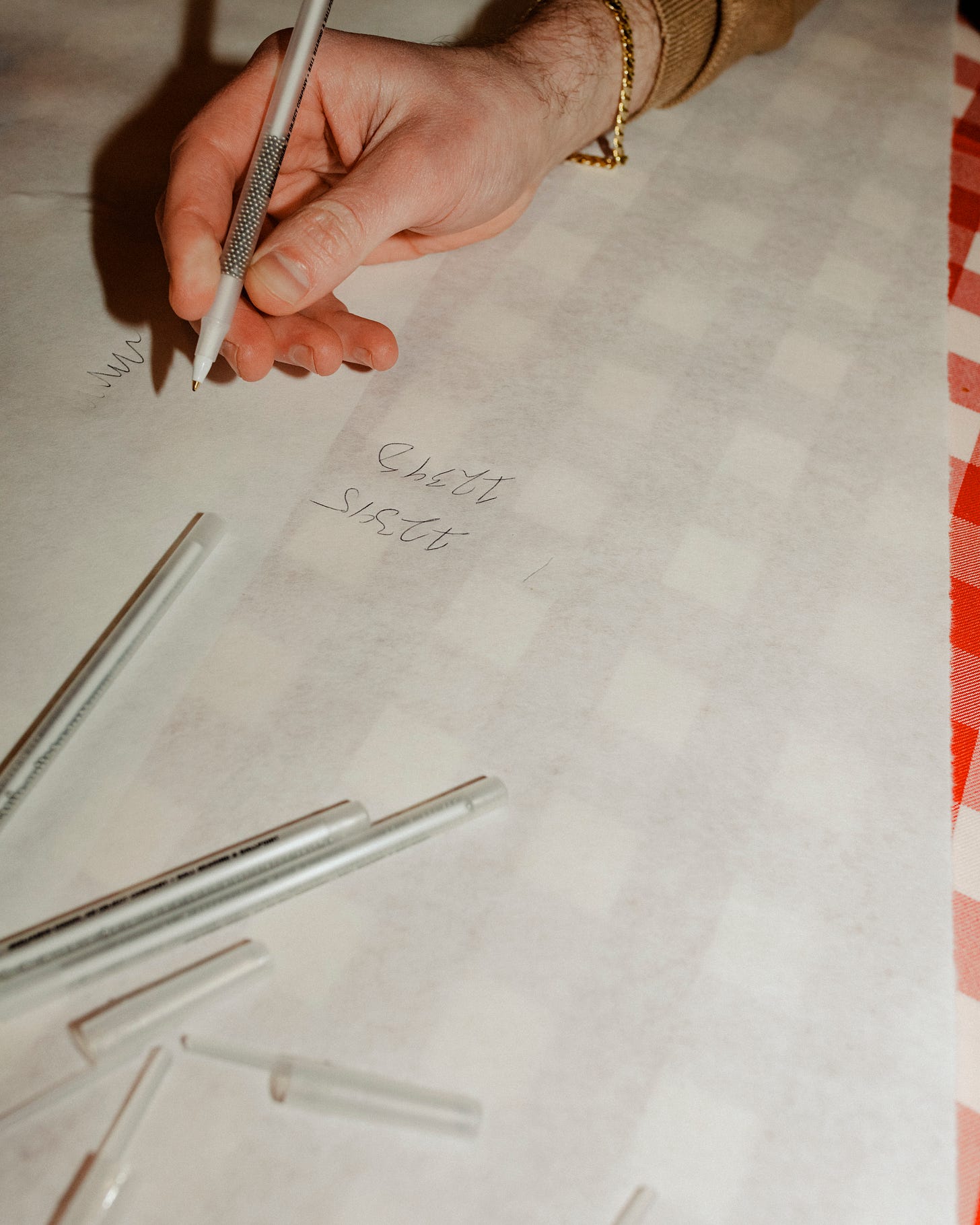

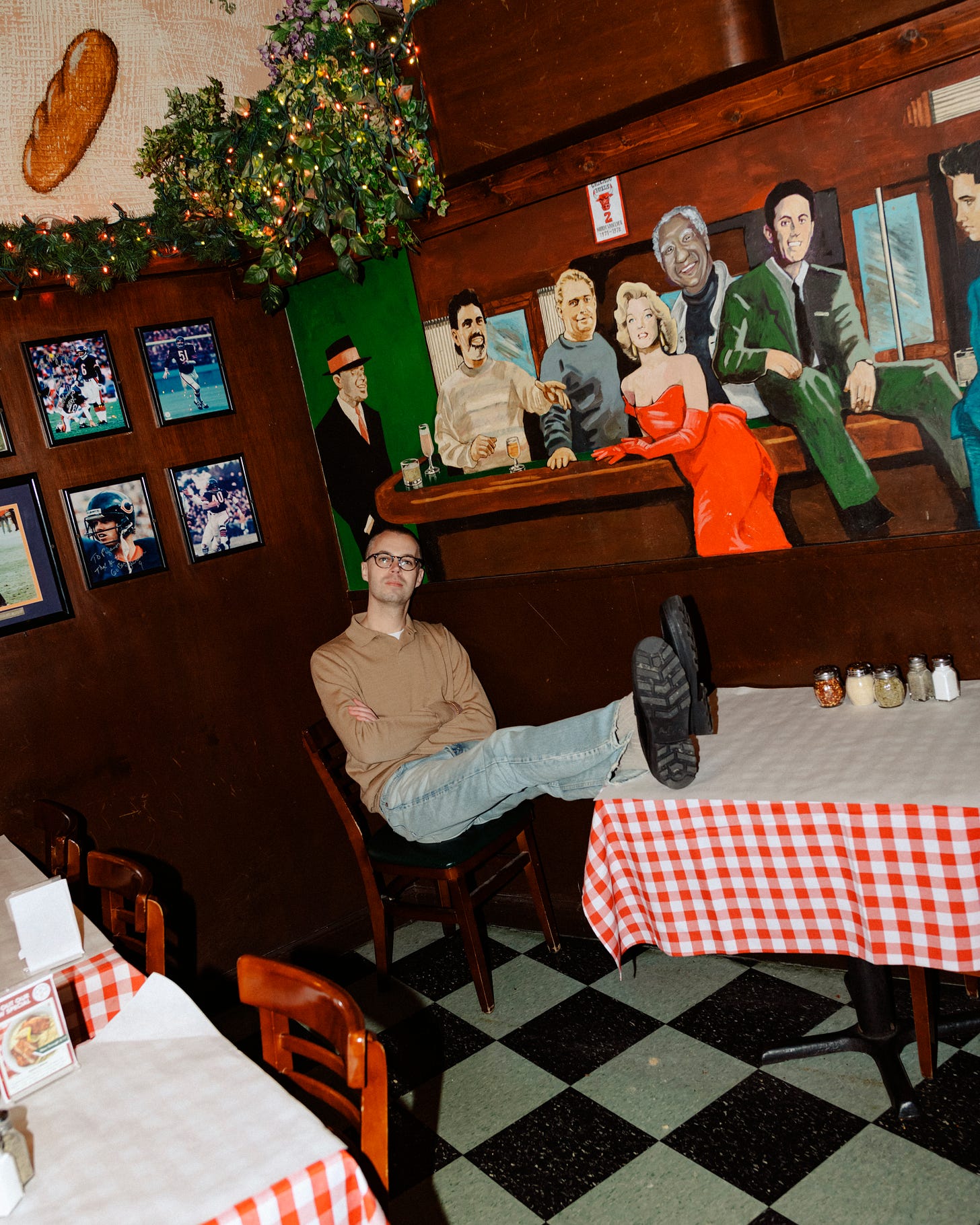

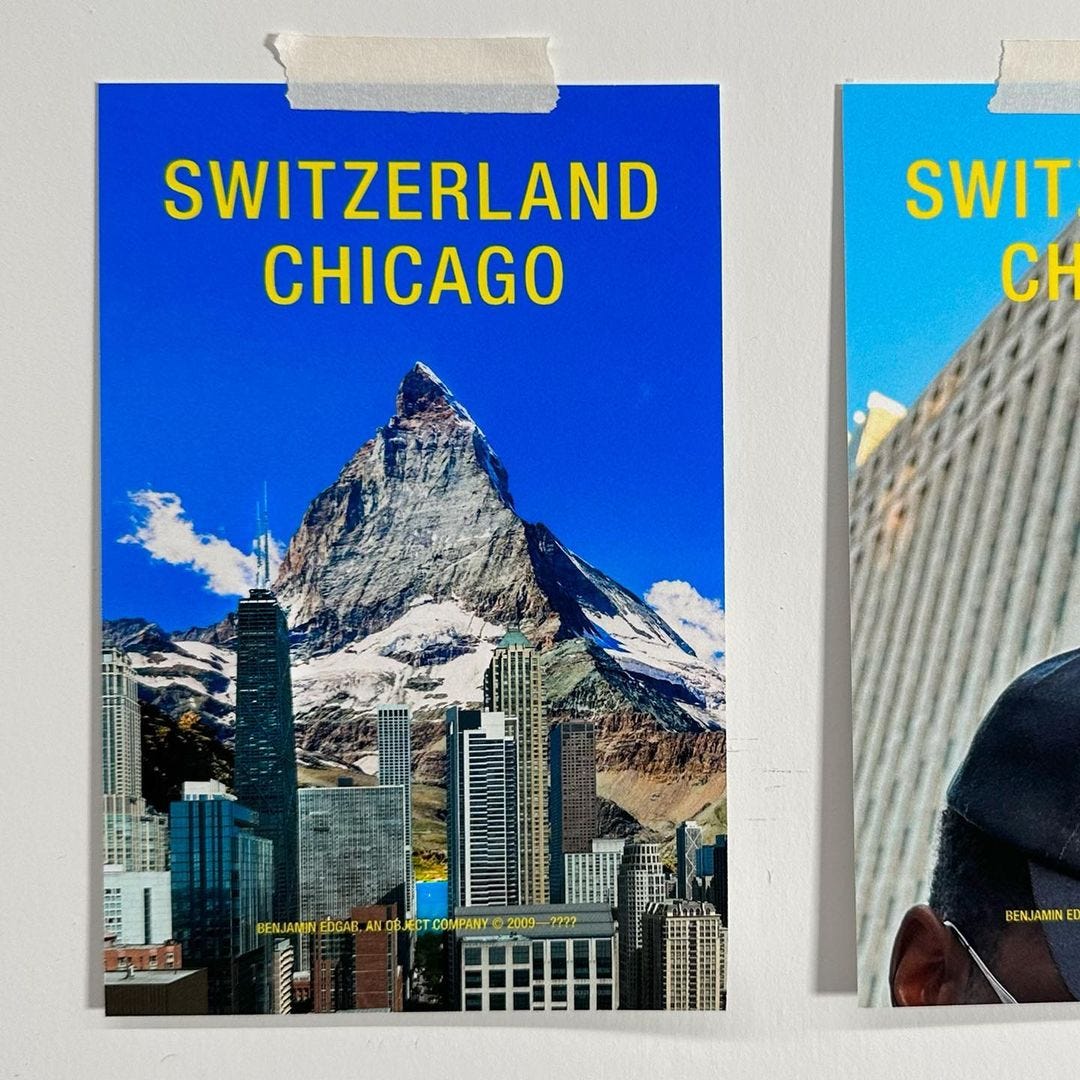
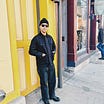
hell yeah